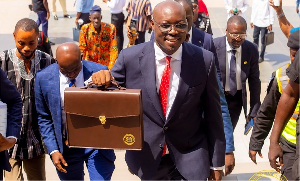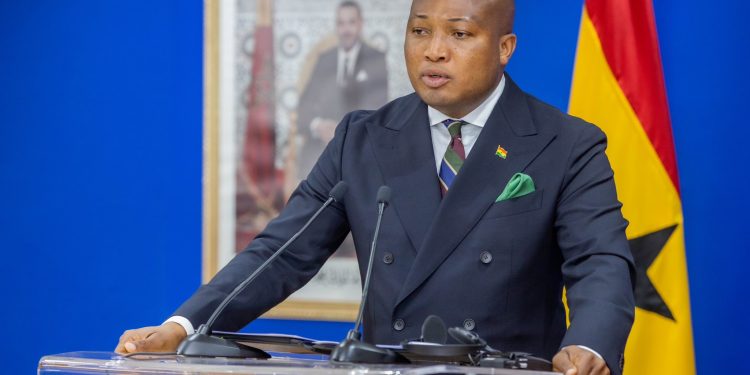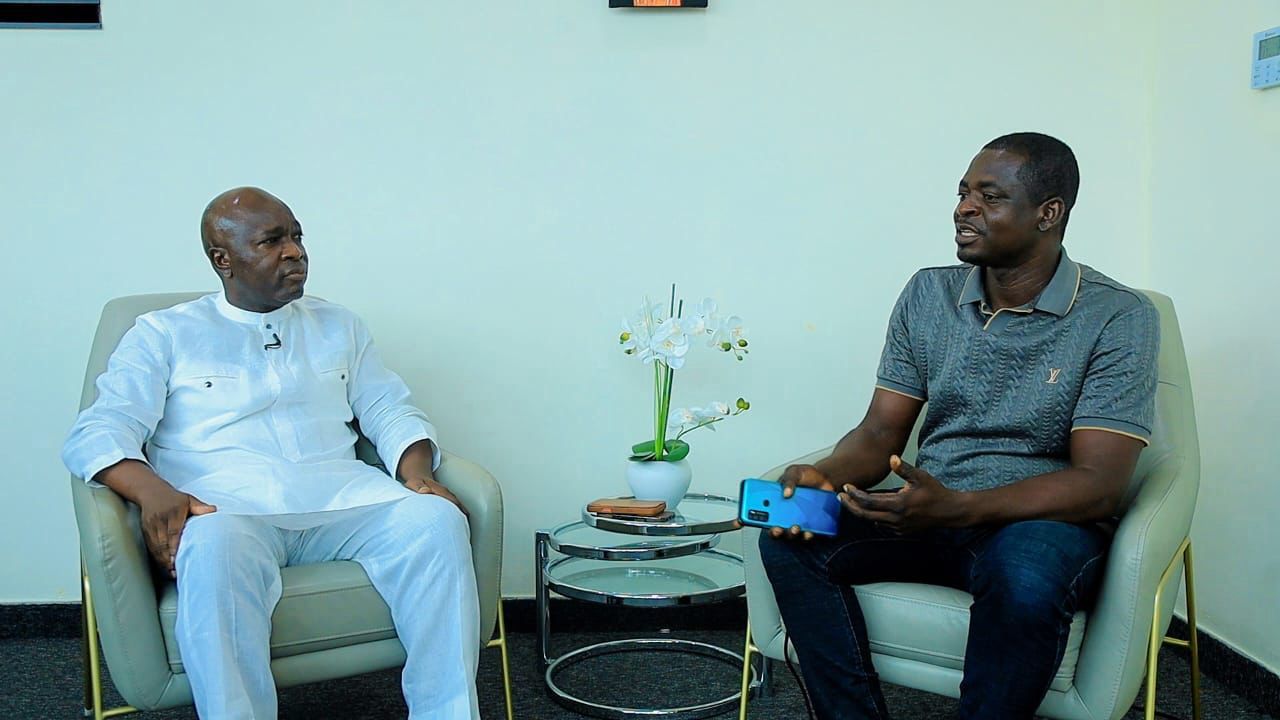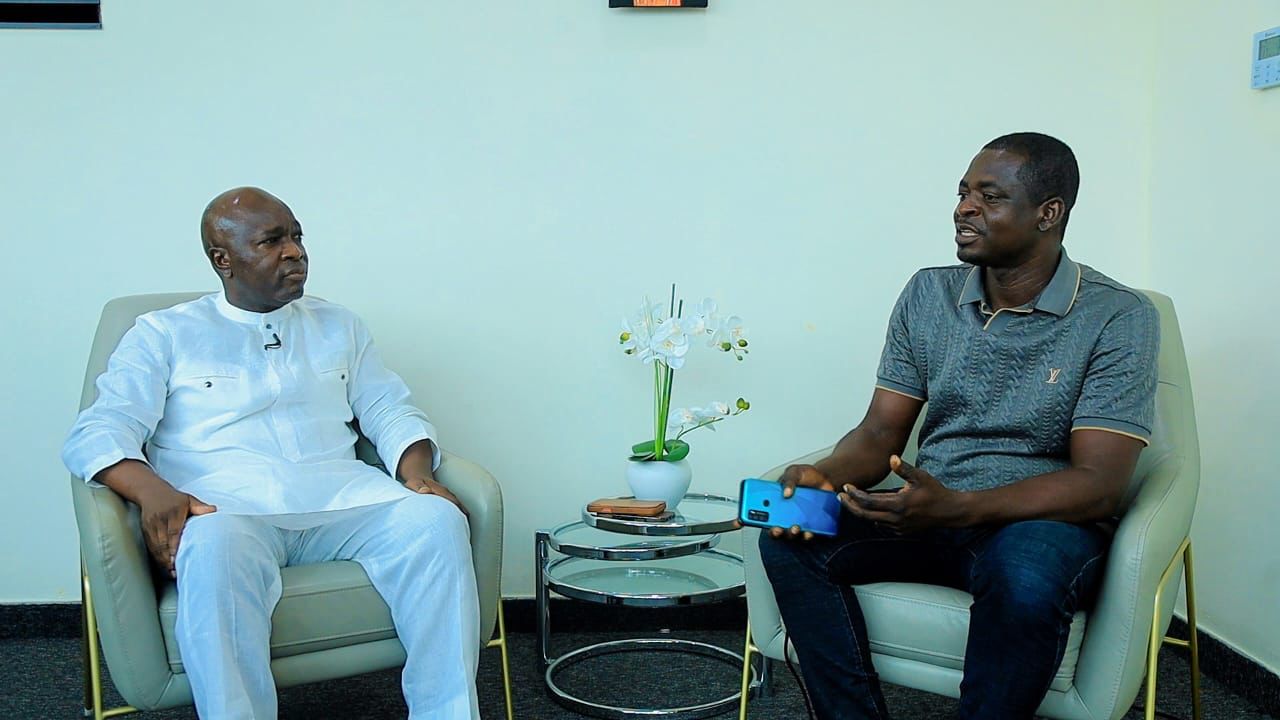Finance Minister, Dr. Cassiel Ato Forson, is set to present the 2025 Mid-Year Budget Review to Parliament on Wednesday, amid renewed signs of economic stabilization and market optimism. The highly anticipated address will offer a fresh look at government spending plans and fiscal performance, and could reveal whether the administration intends to request a supplementary budget or stay within its current expenditure framework.
The review comes at a time when several key economic indicators have turned sharply positive. Inflation, which stood at 23.5% in January, has fallen to 13.7% by the end of June — an improvement that has raised the prospect of Ghana hitting single-digit inflation ahead of the official 11.9% year-end target.
The cedi has also made a remarkable comeback. After starting the year around GH¢15 to the U.S. dollar, the currency is now trading near GH¢10.45 on the interbank market, representing a 42.6% year-to-date appreciation. Analysts attribute the rebound to stronger-than-expected inflows from gold and cocoa exports, increased remittances, and renewed investor confidence.
“Exchange rate stability is beginning to show up in pricing behavior,” one Accra-based economist said, pointing to modest retail price adjustments and cautious optimism among manufacturers monitoring the cedi's 60-day stability window agreed with business groups.
Economic growth is also outpacing expectations. The government initially projected GDP growth at 4.4% for 2025, but data from the Ghana Statistical Service shows first-quarter growth at 5.3%, suggesting that an upward revision in the fiscal outlook may be announced during today’s presentation.
Foreign reserves have similarly strengthened, reaching $11.1 billion — enough to cover 4.8 months of imports, far above the original target of three months. That figure is up from $8.98 billion recorded at the end of 2024, providing a buffer against external shocks and supporting the cedi’s strong performance.
On the fiscal front, public attention remains sharply focused on new revenue measures. The recent repeal of the betting tax has been broadly welcomed, but the introduction of a GH¢1 fuel levy earlier this month has triggered public backlash. Observers will be watching to see whether the Finance Minister outlines a timeline or sunset clause for the levy’s withdrawal.
As the Mahama administration enters the second half of its term, pressure is mounting to maintain fiscal discipline while pushing ahead with critical infrastructure projects. Economists and policy analysts are expected to parse today’s budget statement for signals on long-term economic strategy, particularly in light of Ghana’s ongoing IMF-supported recovery program.
“The numbers are encouraging, but sustaining this momentum will depend on policy credibility and prudent spending,” a financial sector executive said. “The Mid-Year Review is an important opportunity for the government to demonstrate it’s committed to long-term stabilization, not just short-term relief.”














